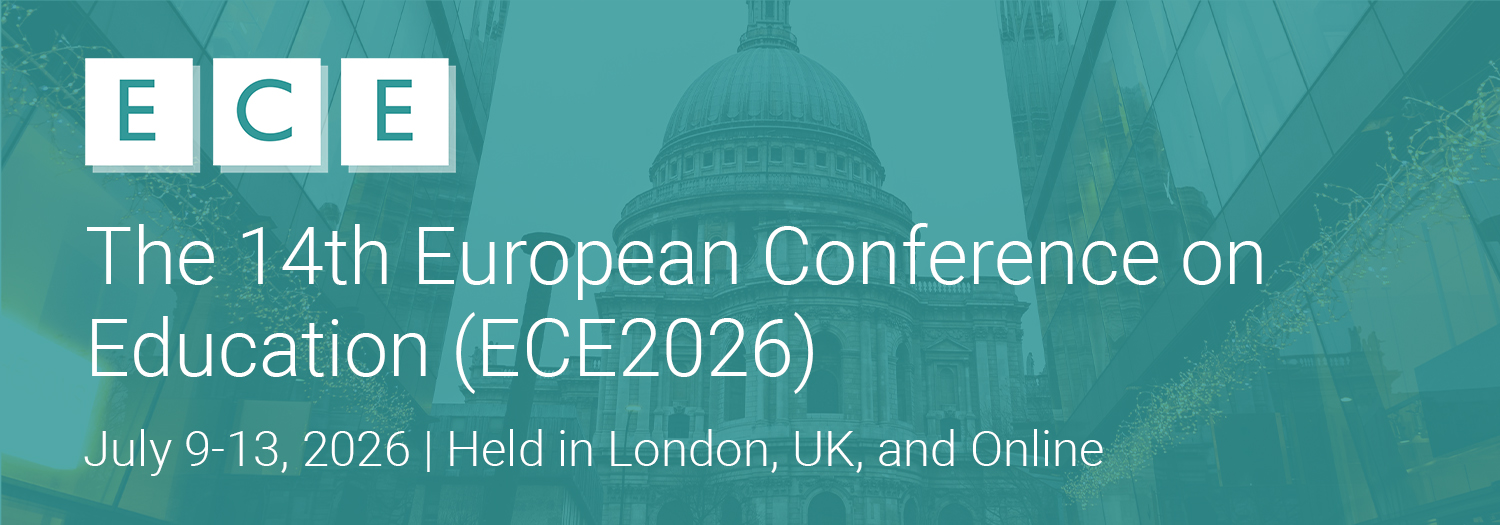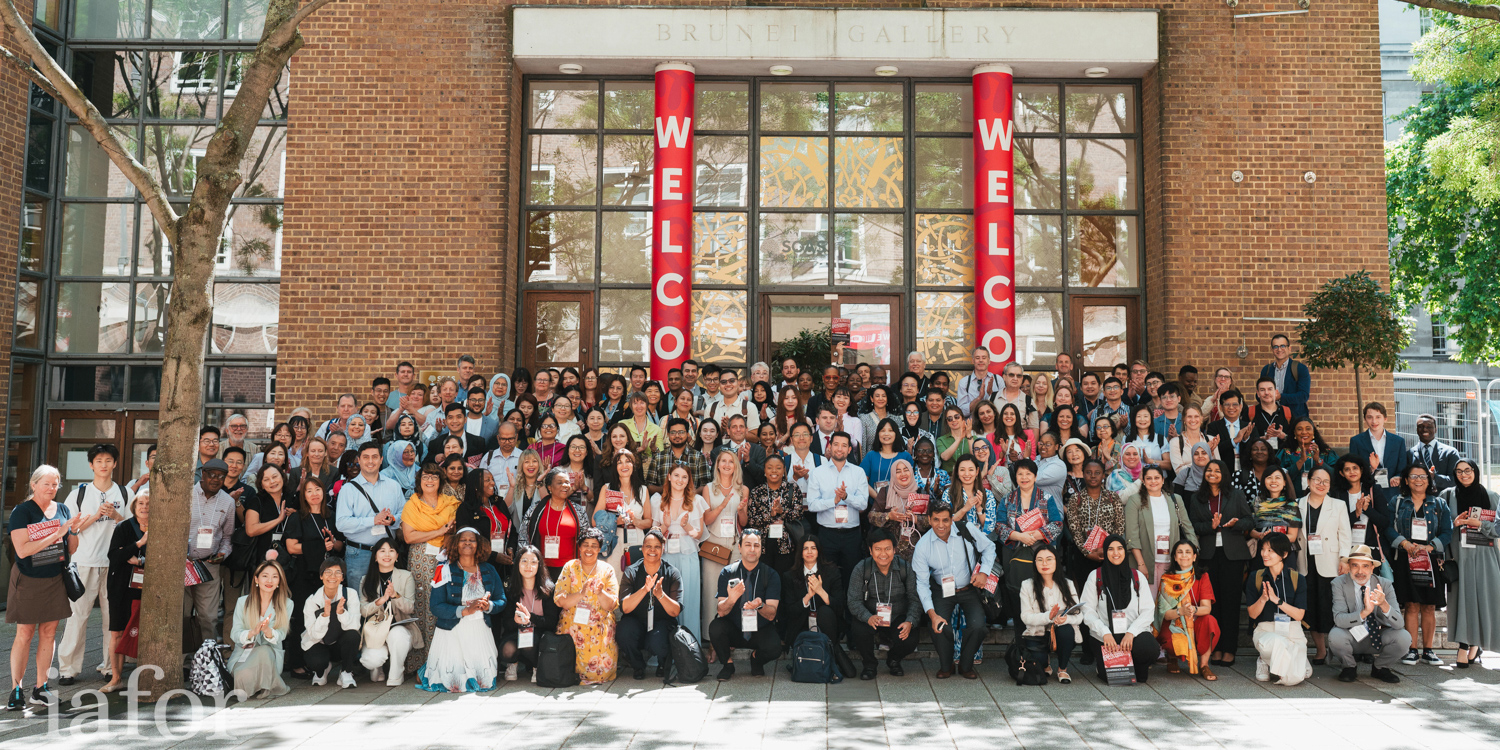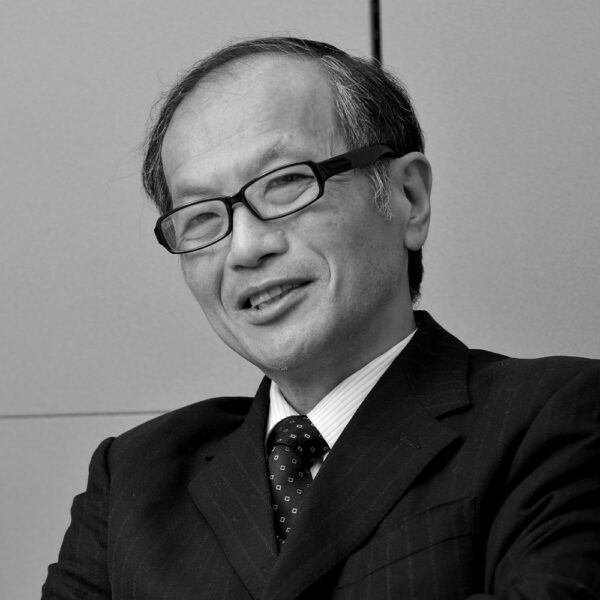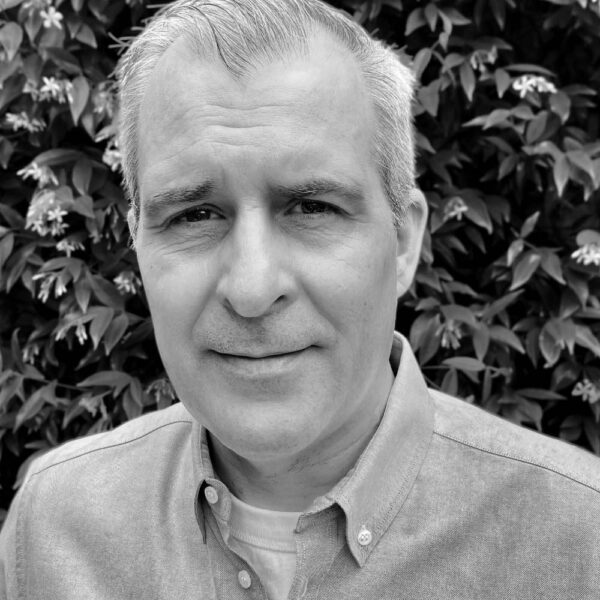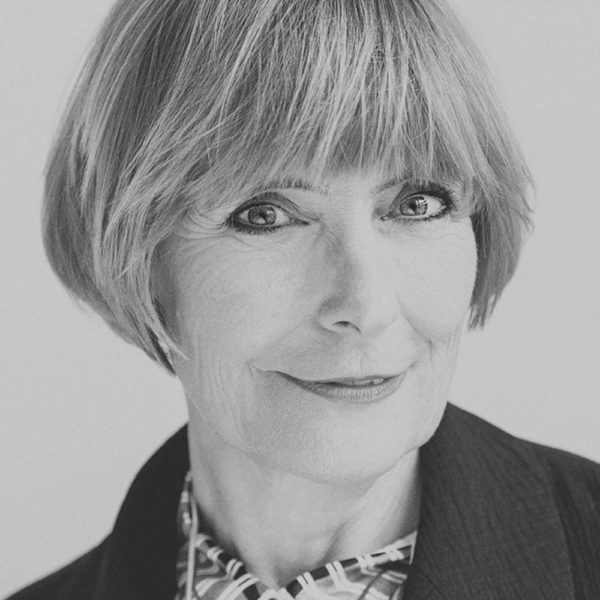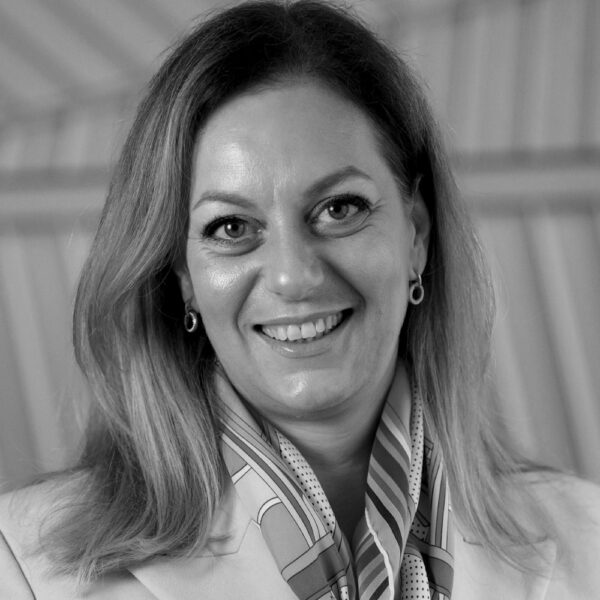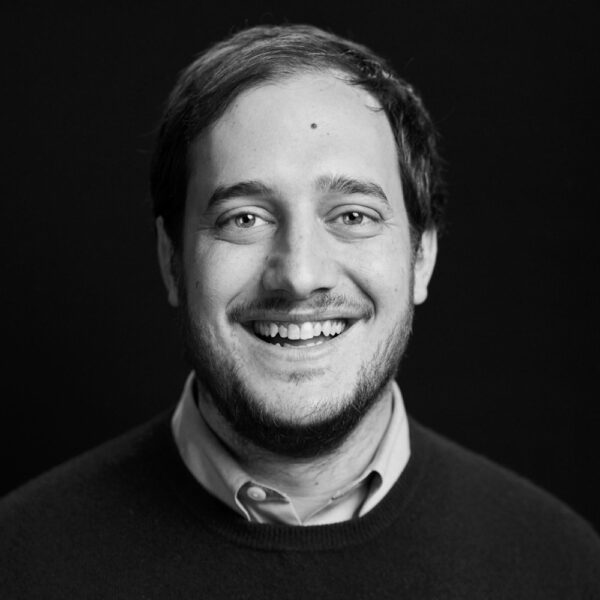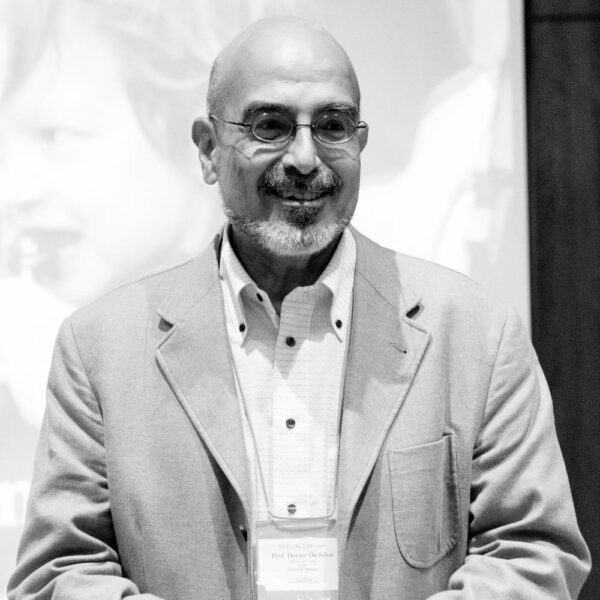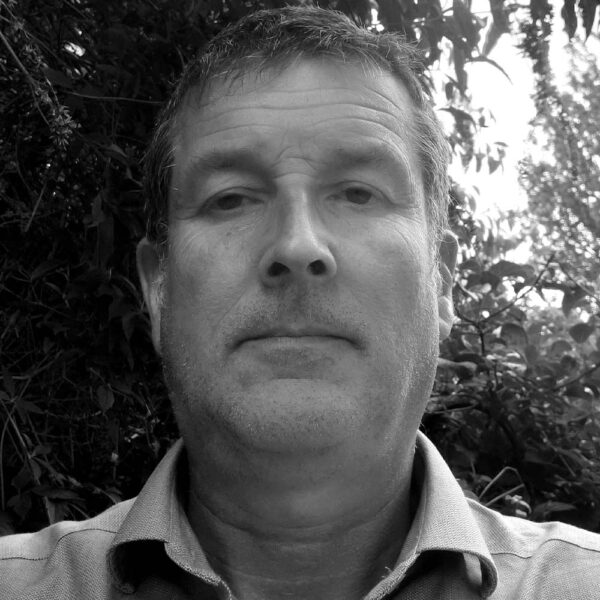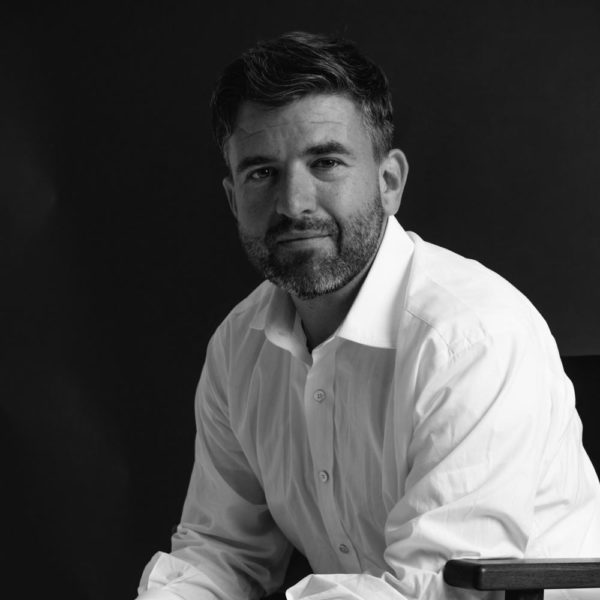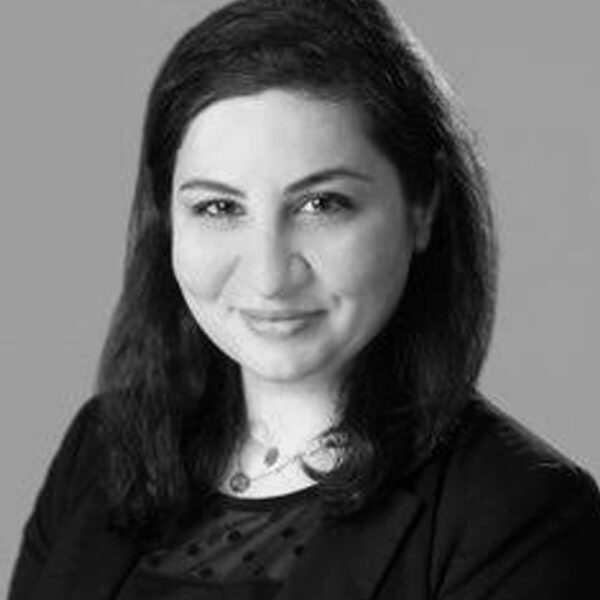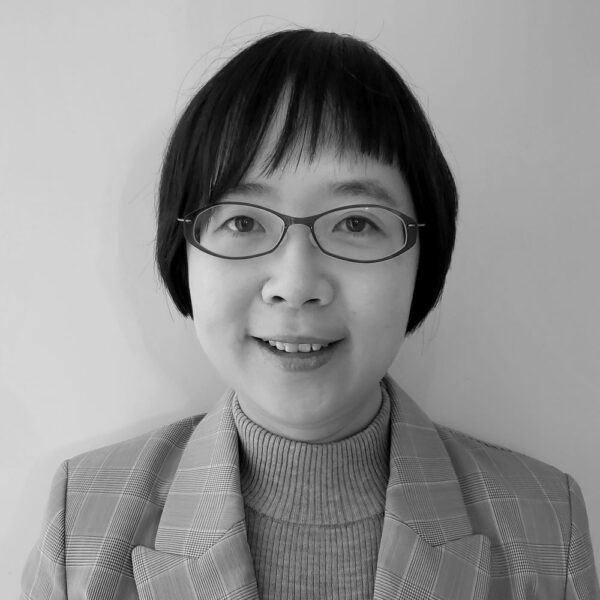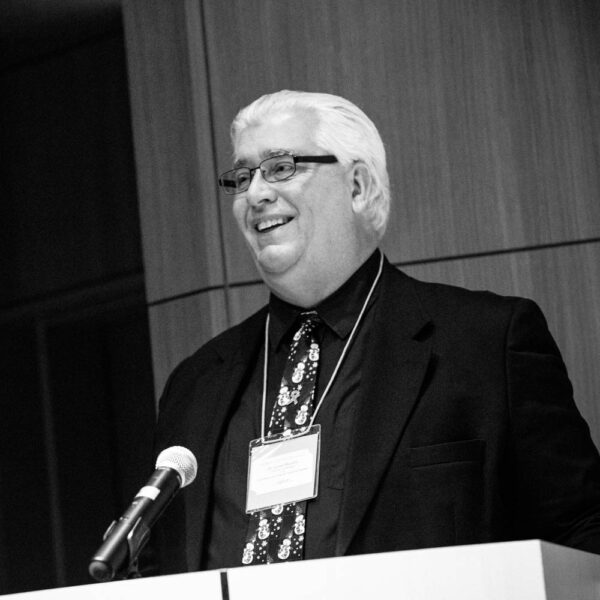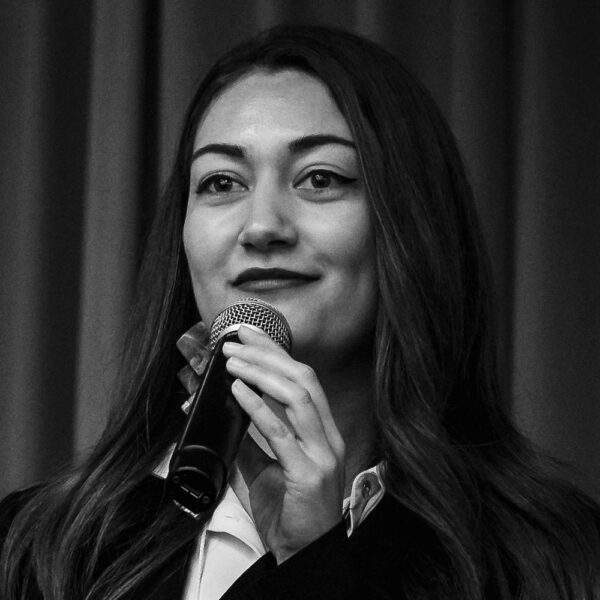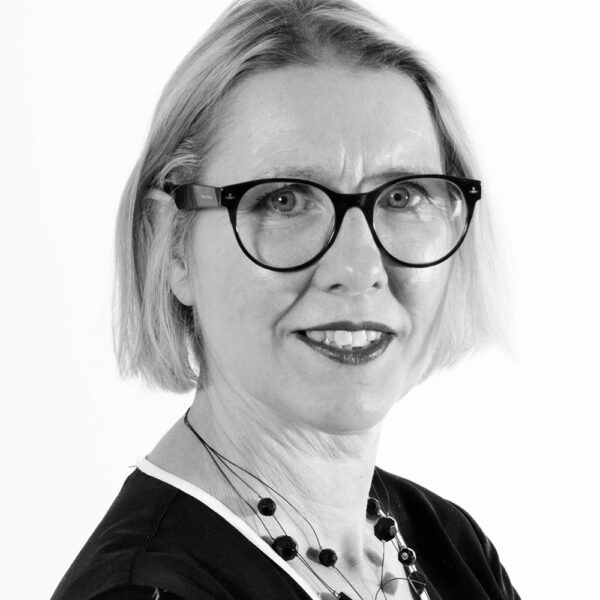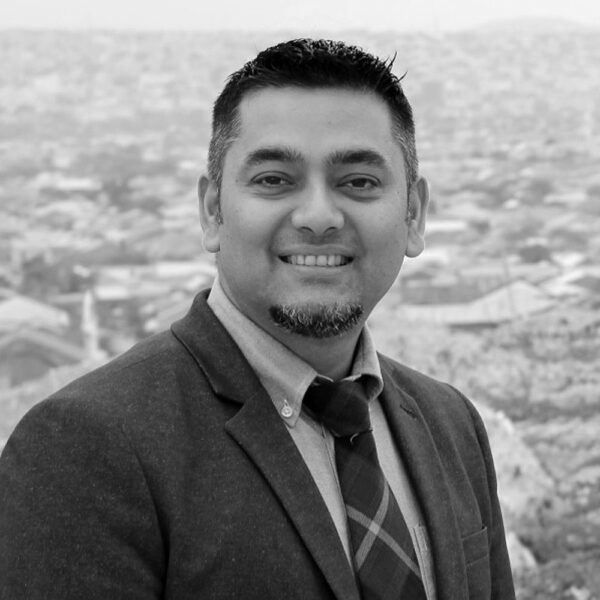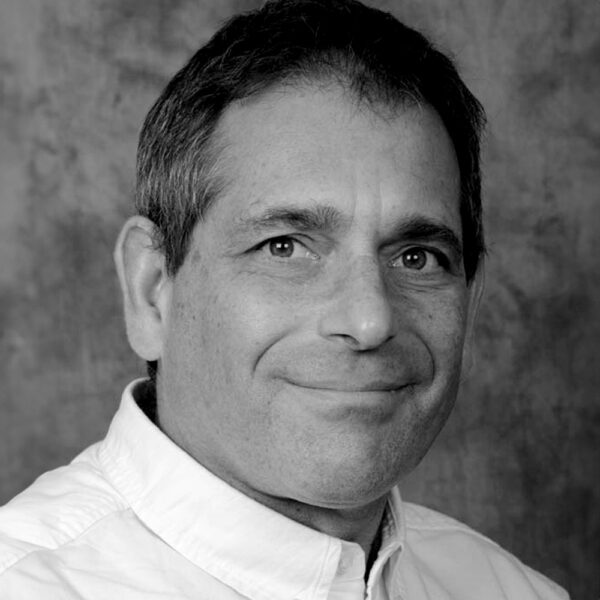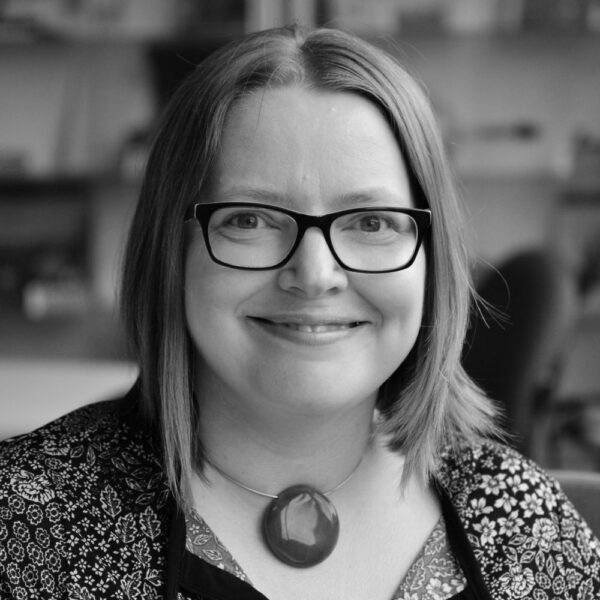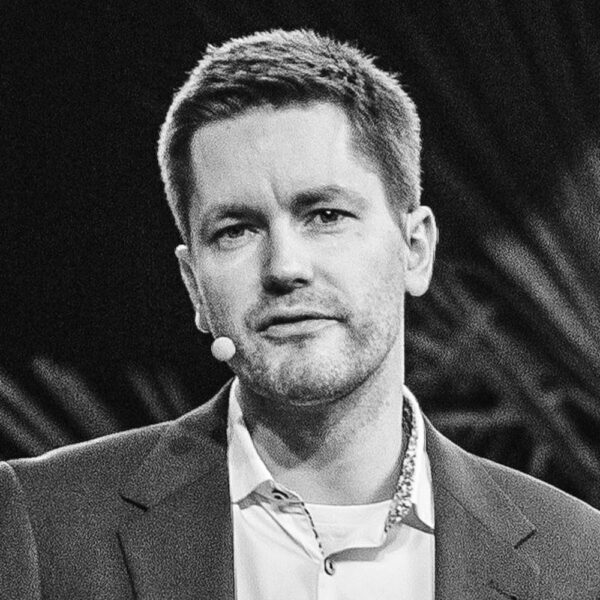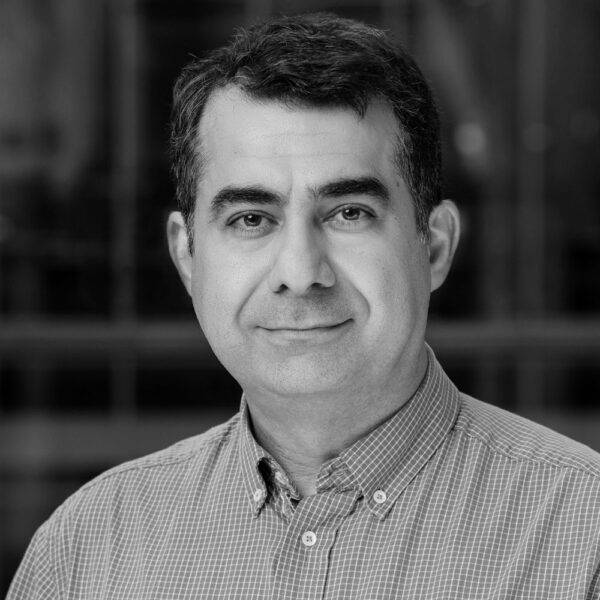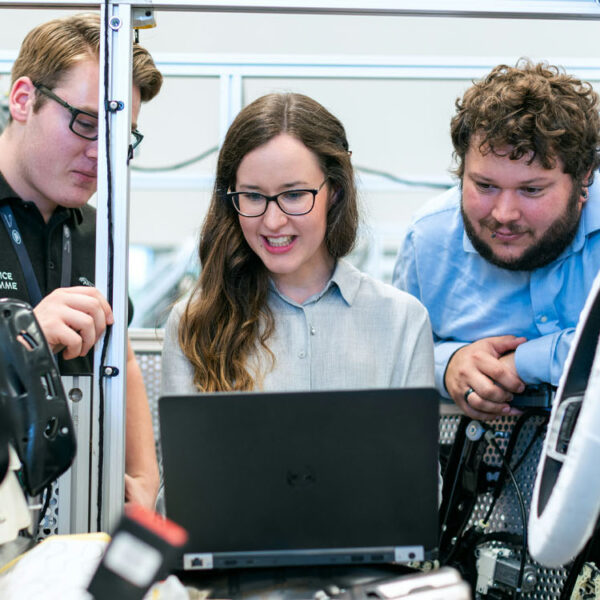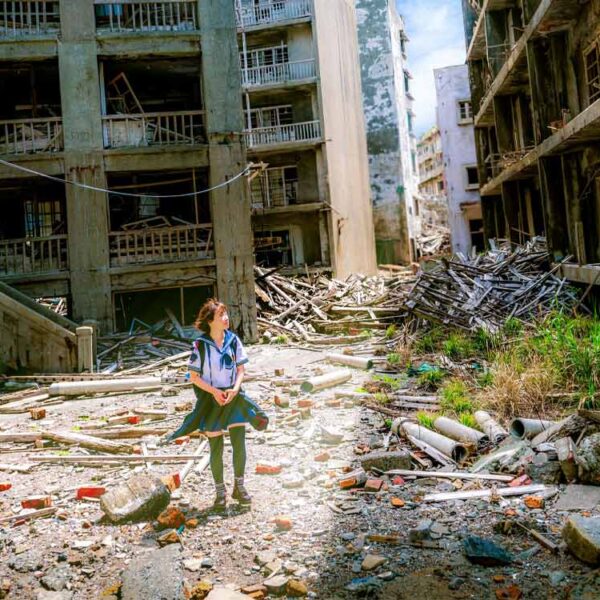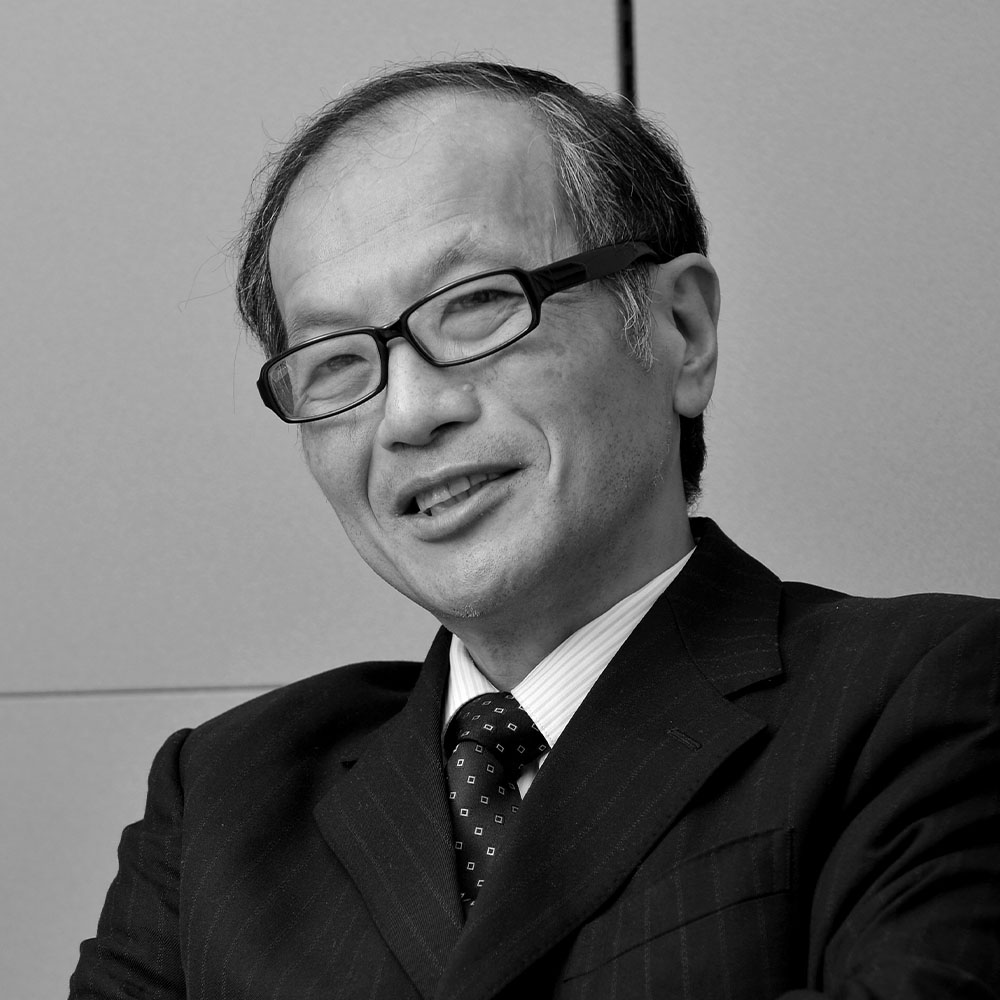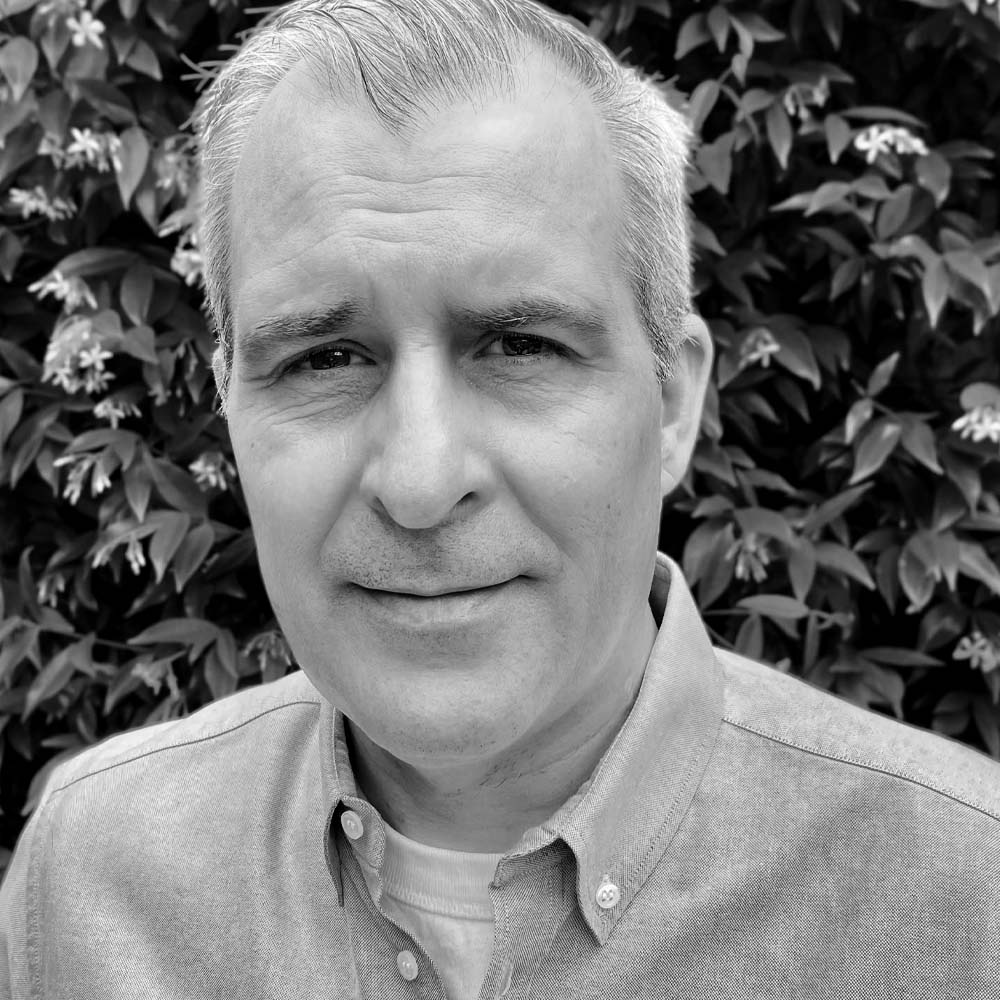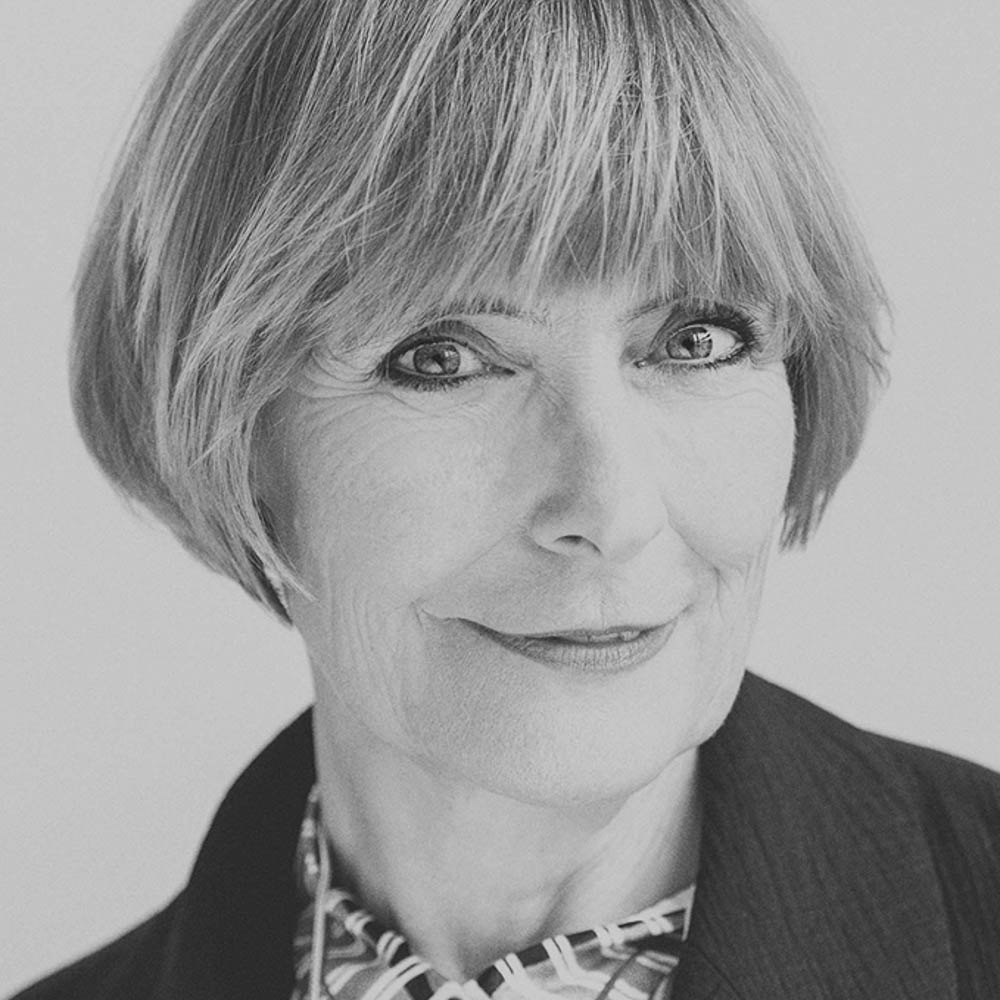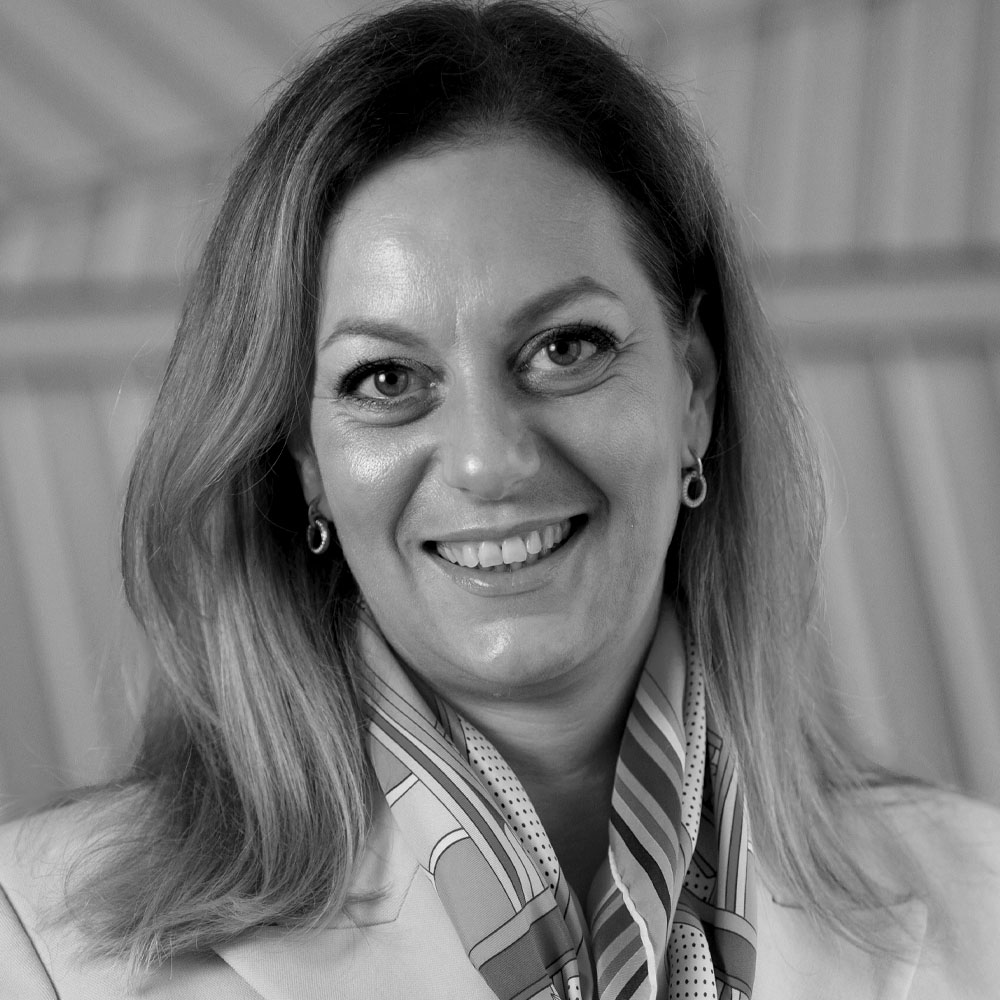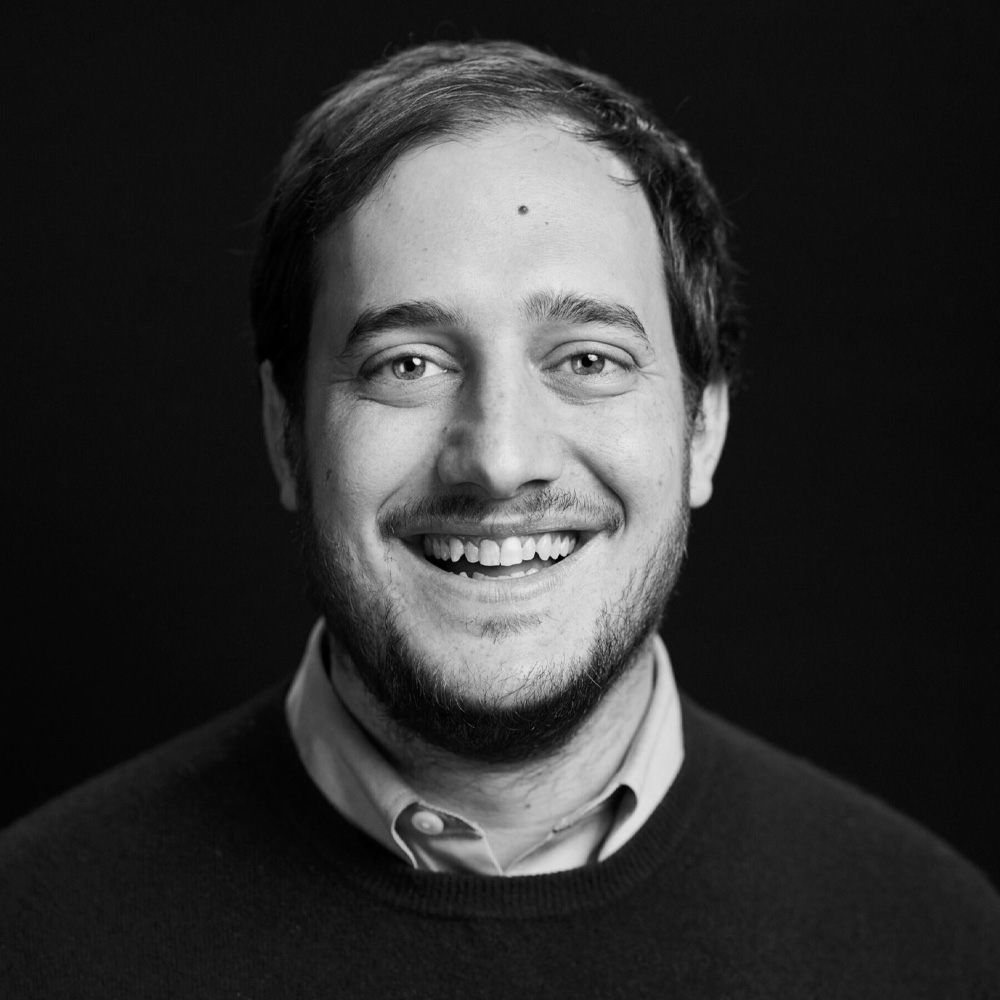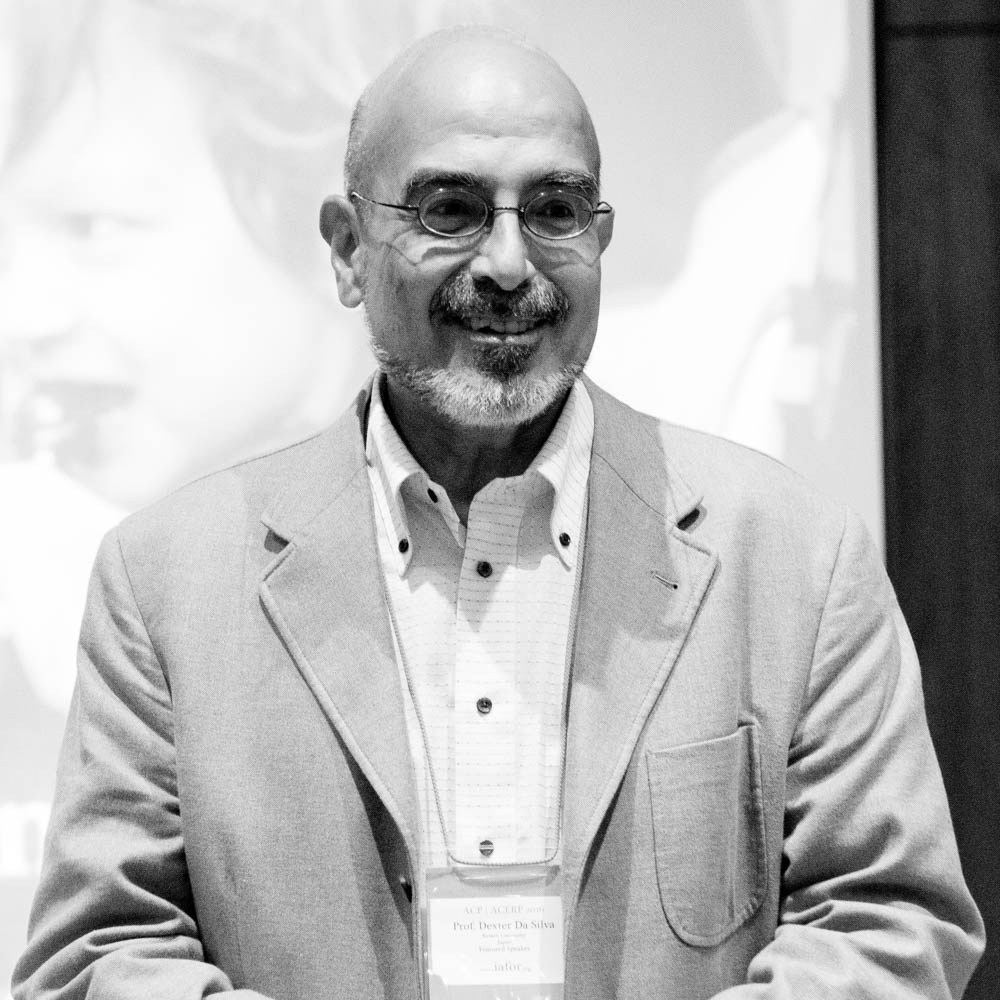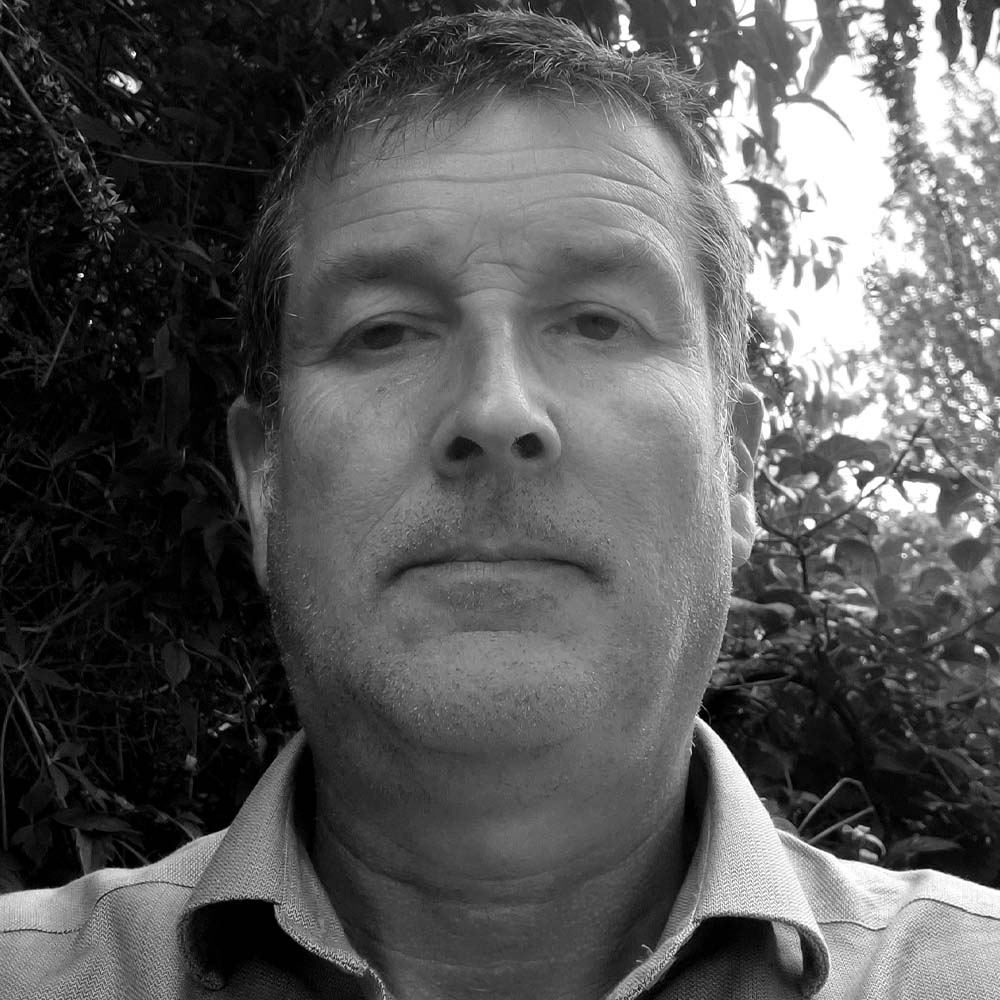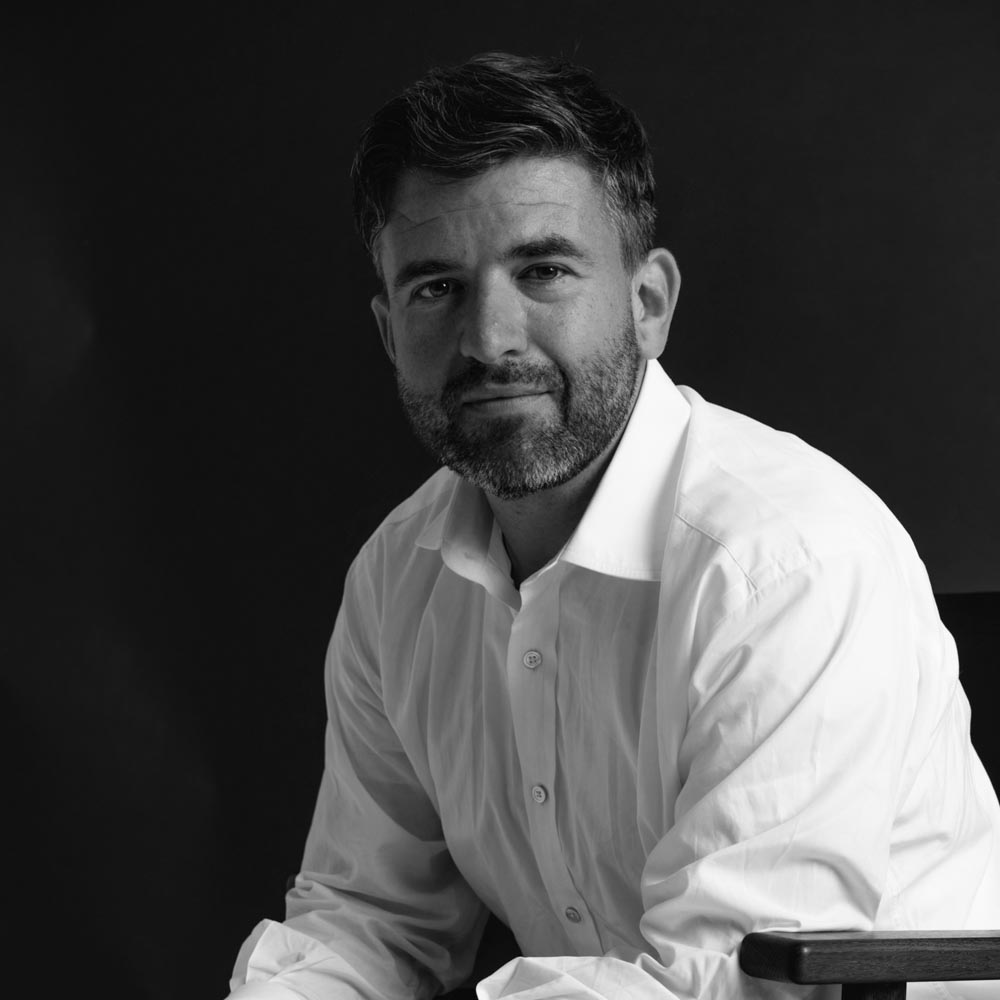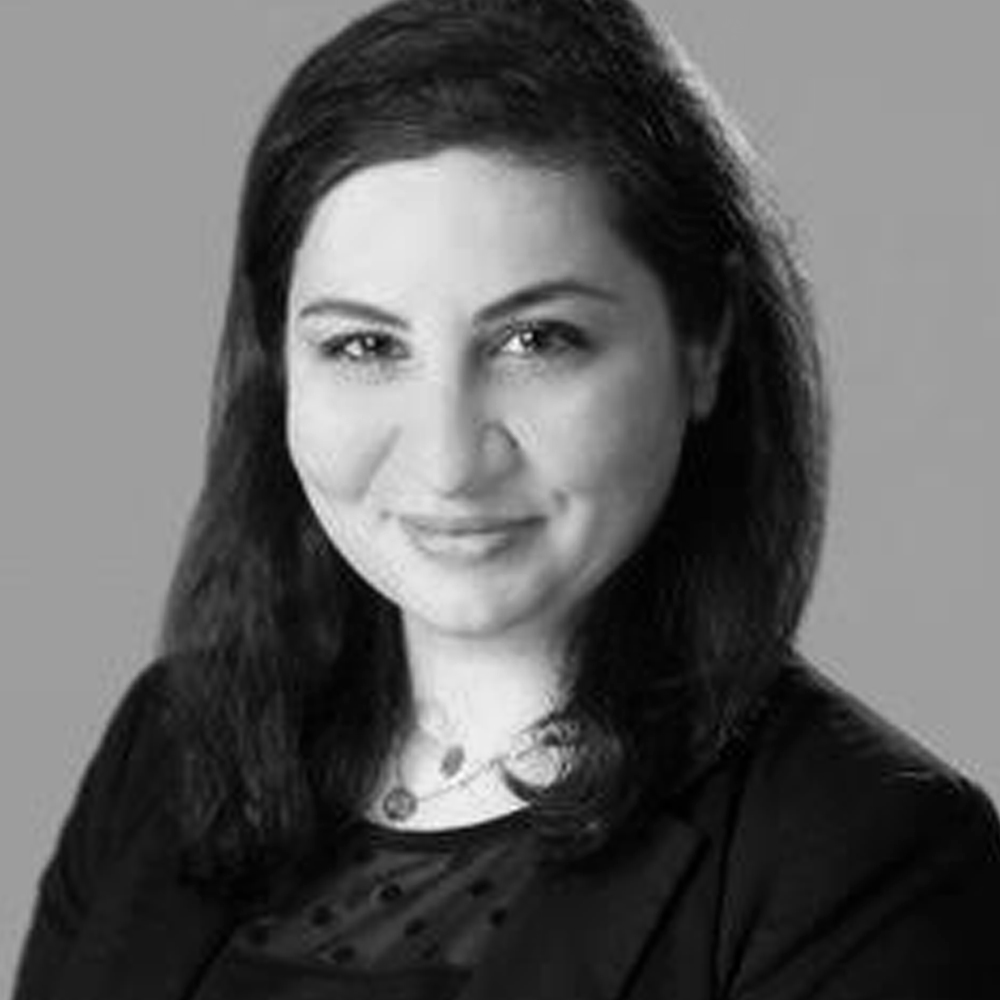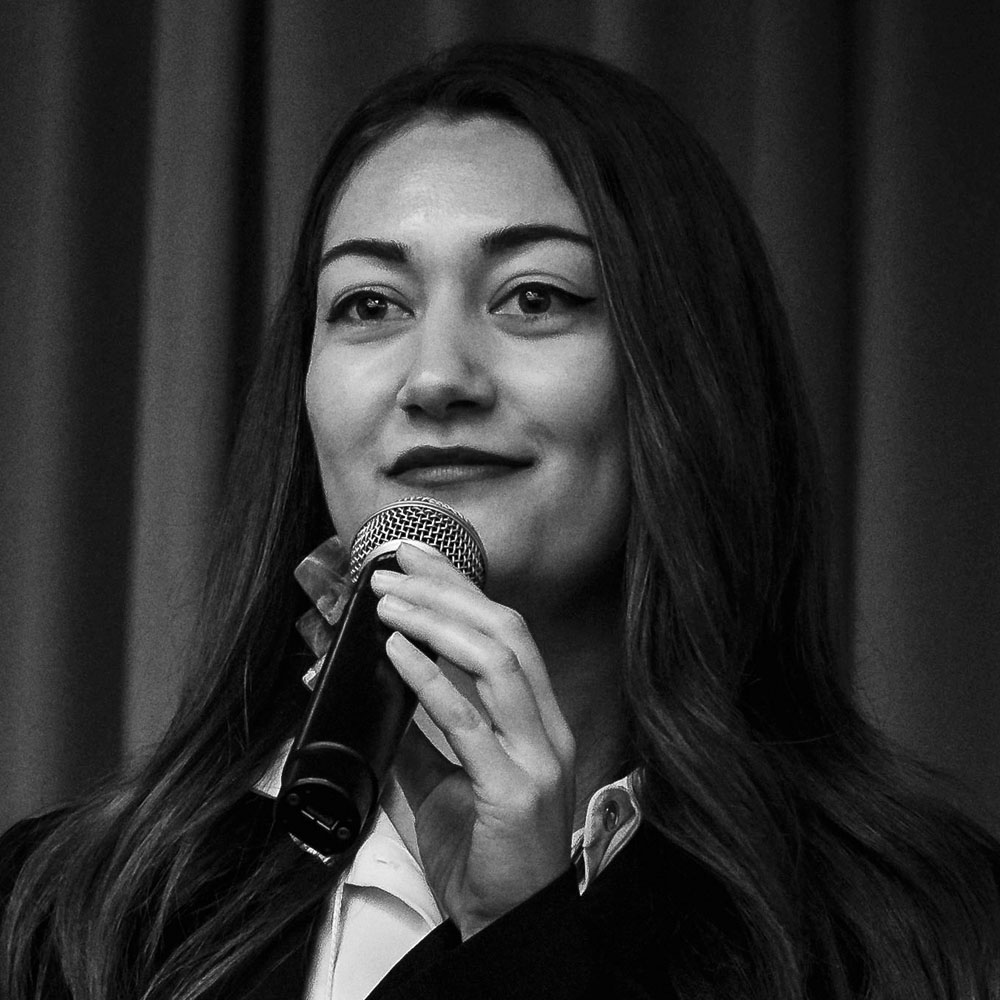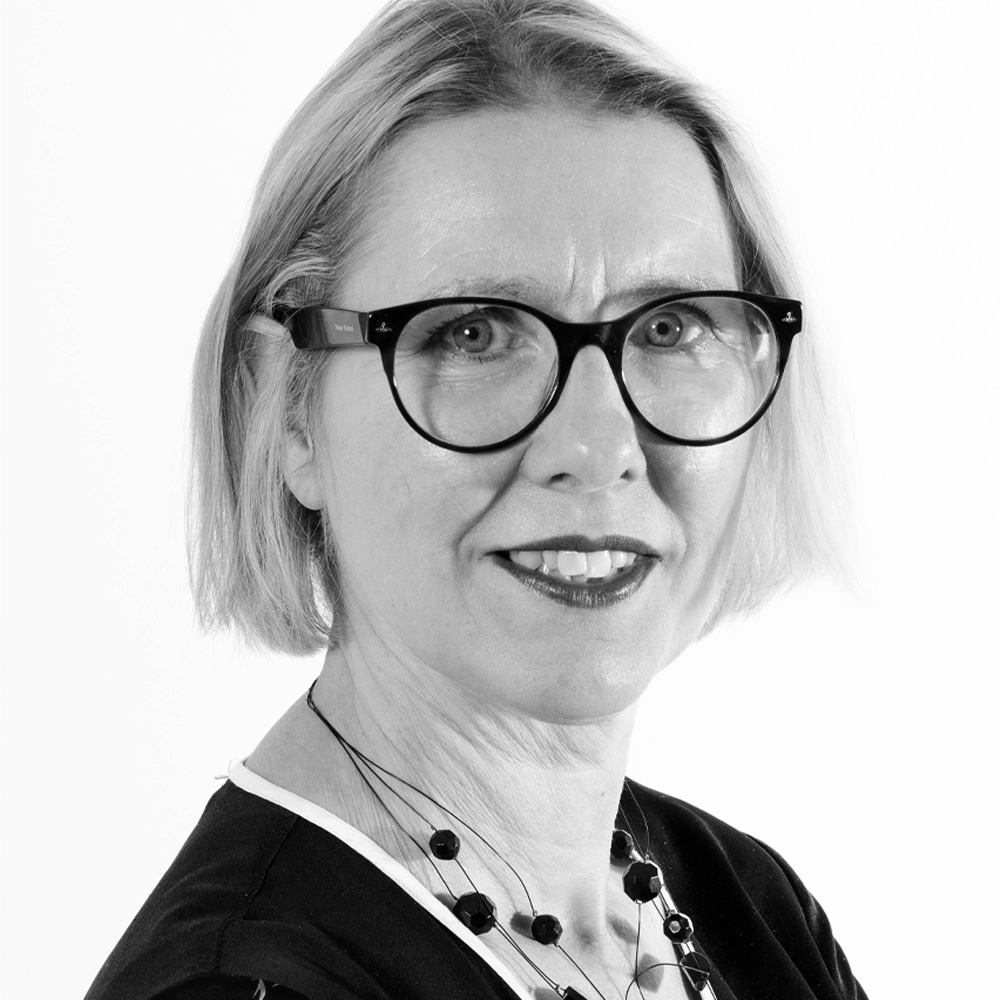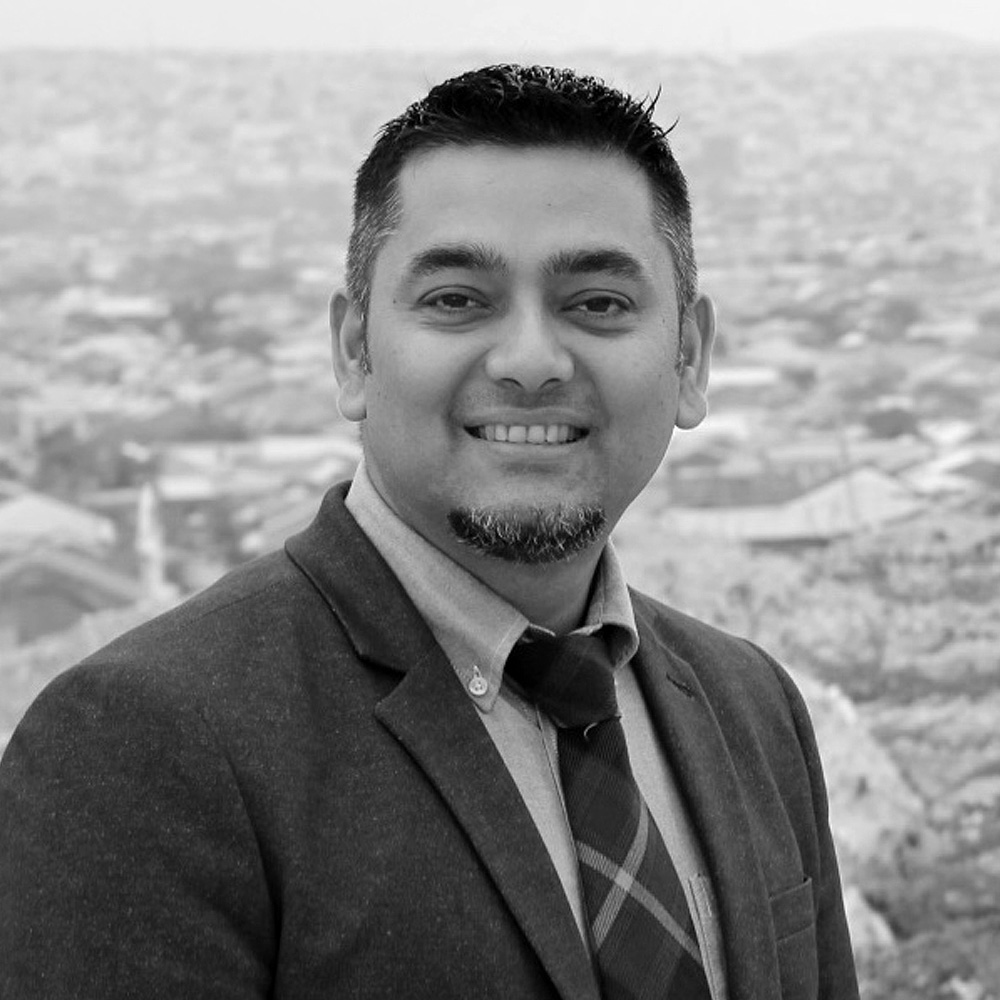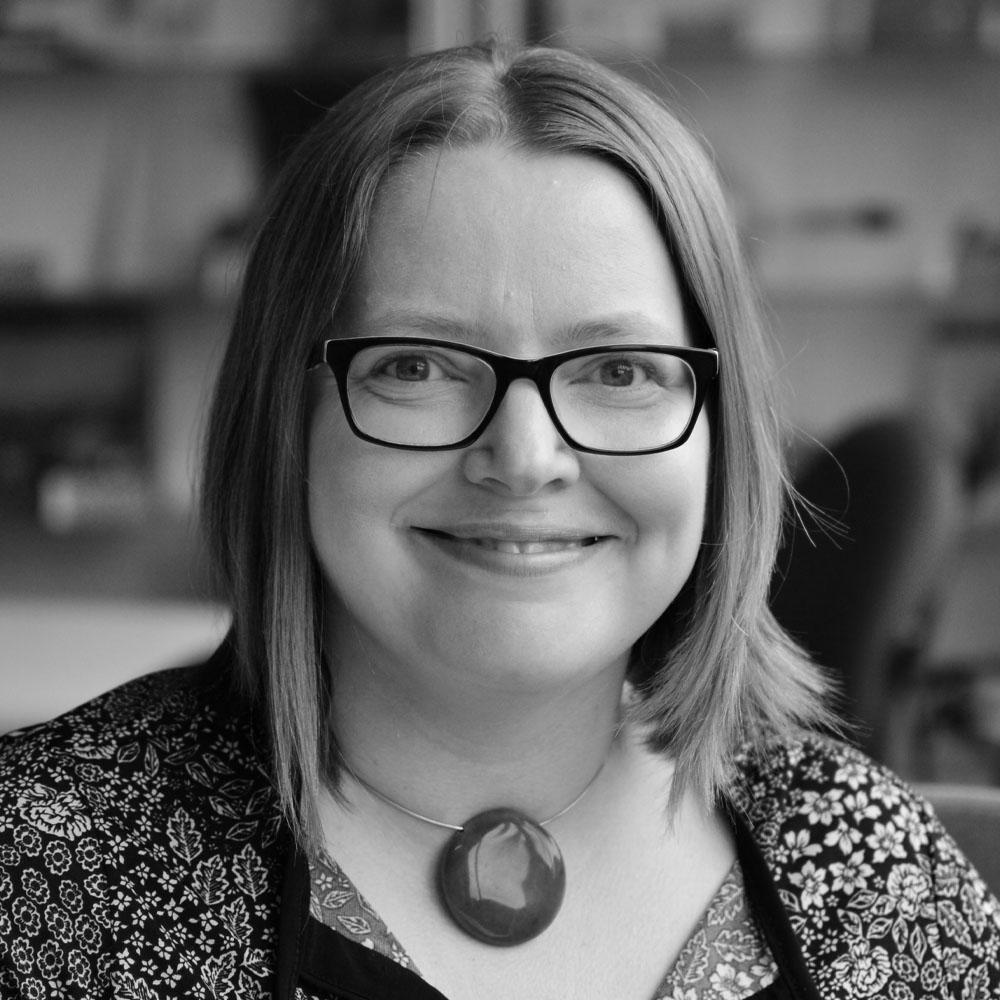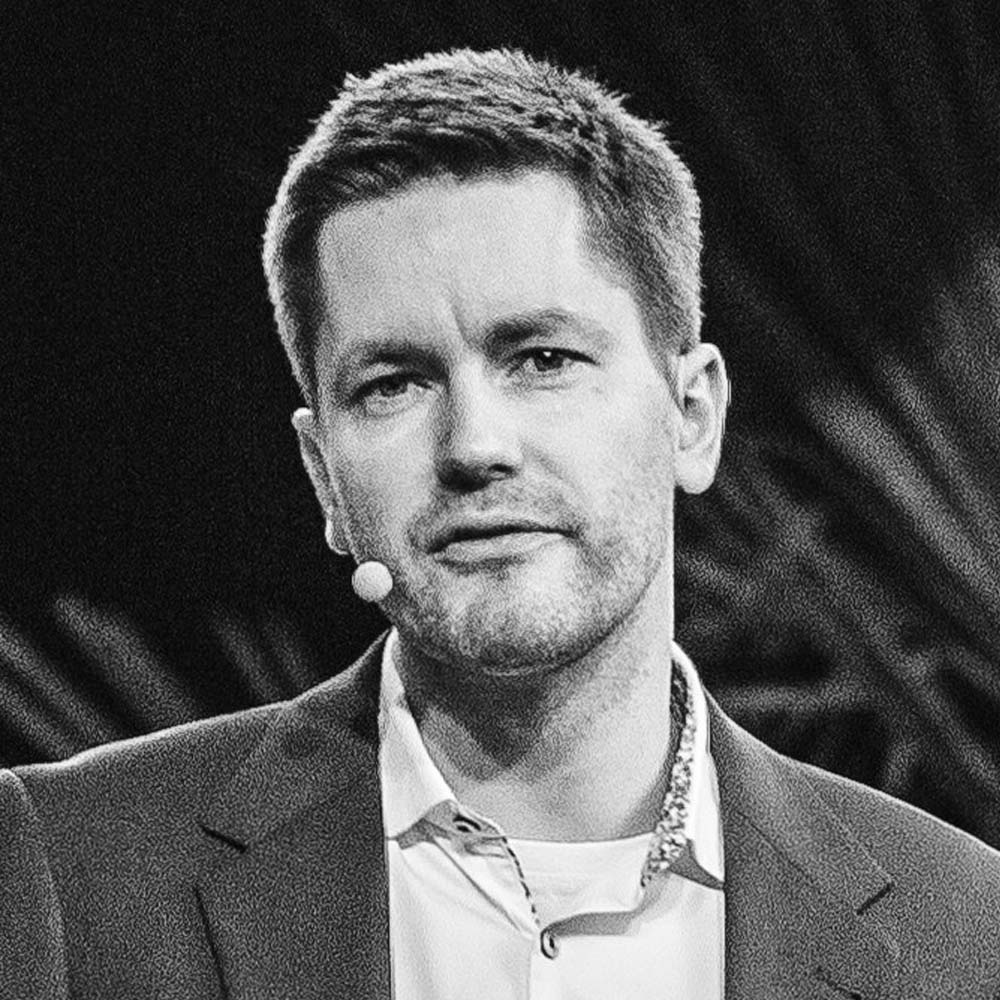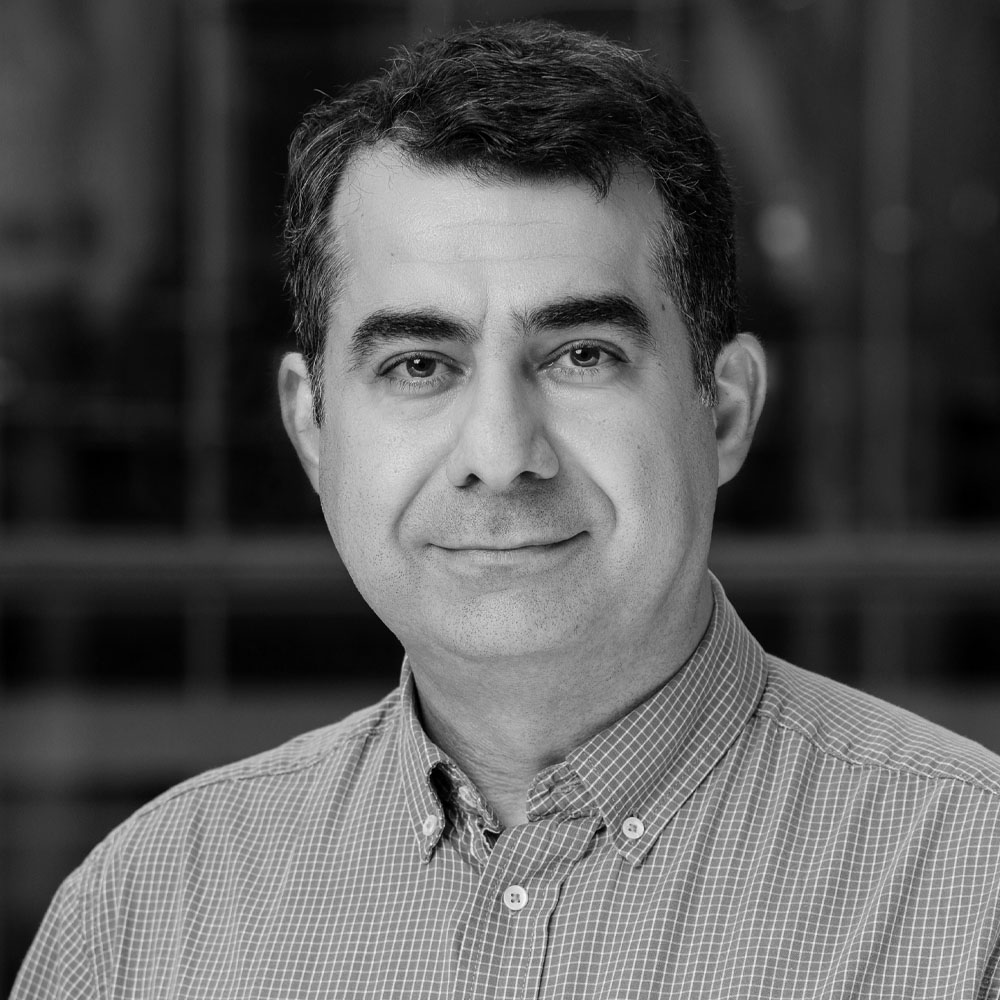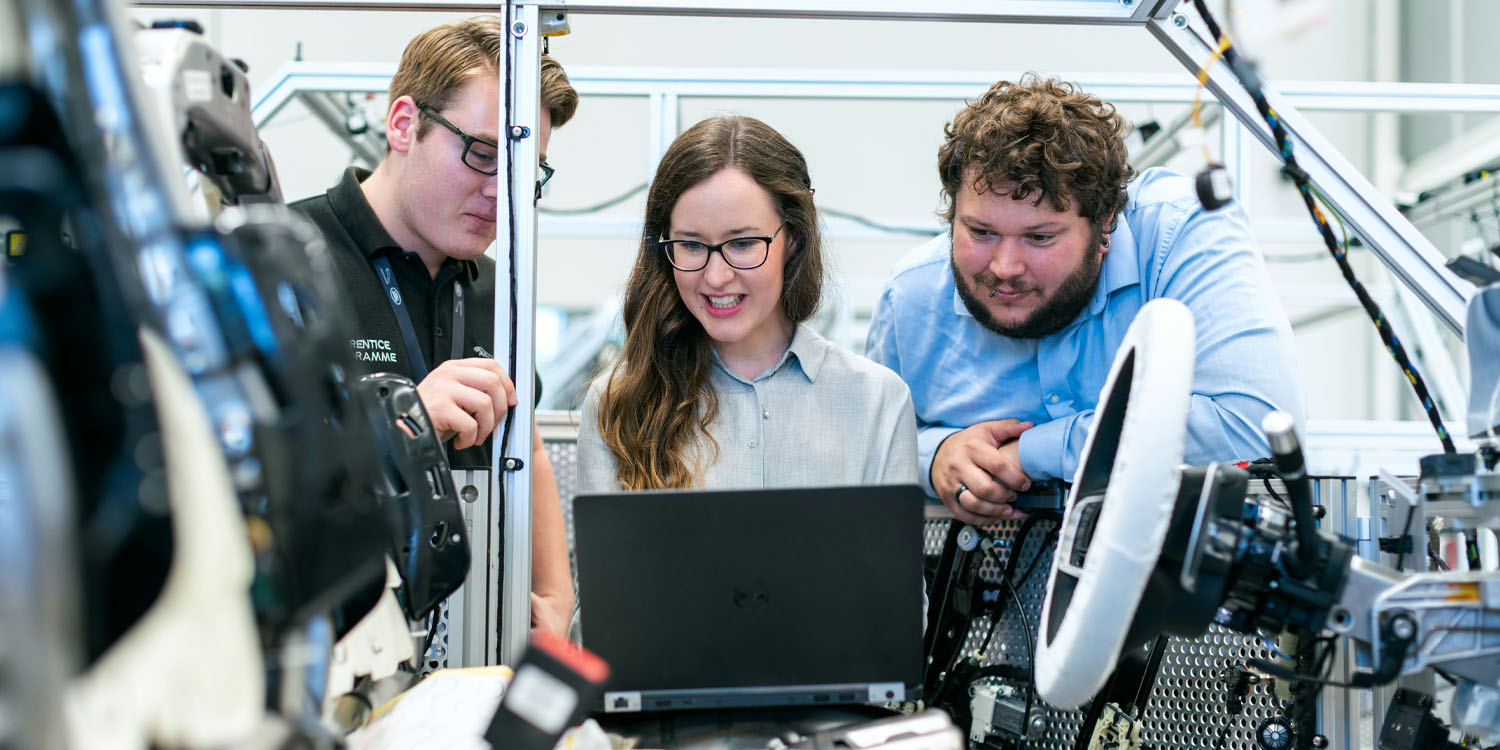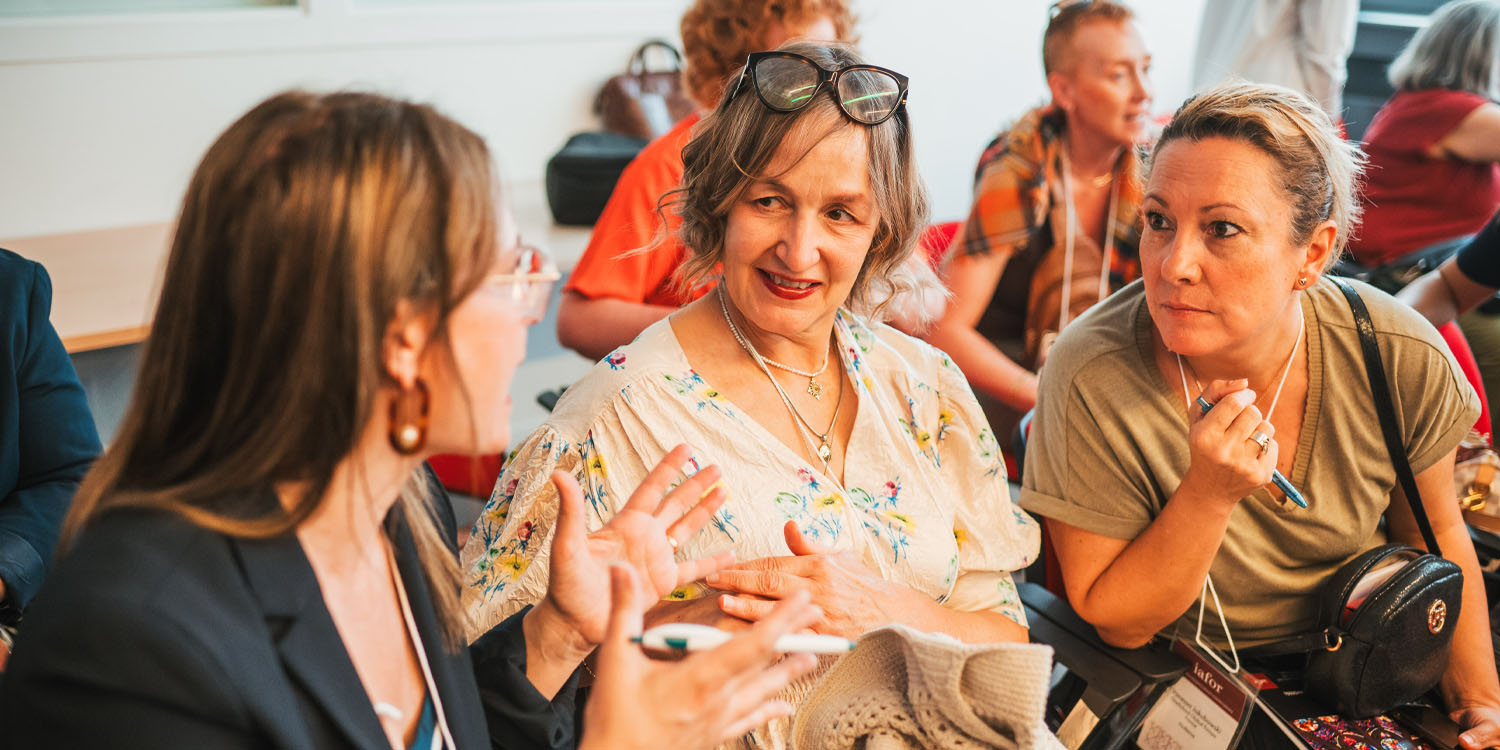July 10–14, 2025 | SOAS & University College London, UK
The 13th European Conference on Education (ECE2025) was held in partnership with Birkbeck, University of London, the IAFOR Research Centre at the Osaka School of International Public Policy (OSIPP) at Osaka University, and in affiliation with University College London (UCL).
It was wonderful to be able to welcome delegates back to London, and to an interdisciplinary event that has firmly established itself in the conference calendar of the International Academic Forum, one that has attracted some 600 attendees from more than 70 different countries to engage across the boundaries of nation, culture, and discipline.
This year brought together the 13th European Conference on Education (ECE2025), the 13th European Conference on Arts and Humanities (ECAH2025), and the 5th European Conference on Aging and Gerontology (EGen2025), with four packed and carefully curated days onsite, followed by one online. Days 1 and 2 were plenary days designed to bring together delegates across disciplines at the intersection of academic knowledge, everyday knowledge, and public policy, with featured speakers and panels. The plenaries also offered different spaces for engagement, discussion, and networking, including our poster session, our Forum session, but also our welcome reception, conference dinner, and pub quiz event! Days 3 and 4 were thematically streamed parallel sessions and form the heart of the academic conference, continuing online on day 5.
We would like to acknowledge the International Academic Board and the local conference and Review Committees for their work in ensuring the event continues to be a success; the keynotes, plenary speakers, and panellists; and our global and local partners: most notably for this event to University College London (UCL), Birkbeck University of London, and the University of Sussex.
Speakers
-
Jun ArimaUniversity of Tokyo, Japan
-
Tim Beasley-MurrayUniversity College London, United Kingdom
-
Jane BiddulphUniversity College London, United Kingdom
-
Anne BoddingtonIAFOR, Japan
-
Evangelia ChrysikouUniversity College London, UK
-
Francesco CirielloKing's College London, United Kingdom
-
Dexter Da SilvaKeisen University, Japan
-
Antony FroggattEuropean Federation for Transport and Environment, Belgium
-
Joseph HaldaneThe International Academic Forum (IAFOR), Japan
-
Rana KhalifeUniversity College London, United Kingdom
-
Bernadette LeePrincess Alice Hospice, United Kingdom
-
Bernice LeeChatham House, United Kingdom
-
Gill LivingstonUniversity College London, United Kingdom
-
Lillian Yun Yung LukThe University of Hong Kong, Hong Kong
-
James W. McNallyUniversity of Michigan & NACDA Program on Aging, United States
-
Melina NeophytouIAFOR, Japan
-
Paul J. NietertMedical University of South Carolina, United States
-
Anne NortcliffeWrexham University, United Kingdom
-
Tejendra PheraliUniversity College London, United Kingdom
-
Marcelo StaricoffUniversity of Sussex, United Kingdom
-
Fiona TruscottUniversity College London, United Kingdom
-
Rosa Urbano GutiérrezManchester School of Architecture, United Kingdom
-
Helge WurdemannUniversity College London, United Kingdom
-
Mo ZandiUniversity of Sheffield, United Kingdom
Featured Presentations
-
Engineering Inclusivity, How?Keynote Presentation: Anne Nortcliffe
-
Technology and AI in Engineering/STEM Education: Preparing Engineering/STEM Graduates for Global Citizenship and LeadershipPanel Presentation: Fiona Truscott, Lillian Luk, Francesco Ciriello, Mo Zandi, Rana Khalife
-
Play and the UniversityKeynote Presentation: Tim Beasley-Murray
-
Cooperating in Difficult Times, Part II: Making Interdisciplinarity WorkForum Discussion: Marcelo Staricoff, Melina Neophytou
-
Prevention of Dementia: What We Have Learned in the Lancet CommissionKeynote Presentation: Gill Livingston
-
Supporting Independent Living, Health and Healthcare Needs in Older Age: Integration of Robots and Smart Technology Within the HomePanel Presentation: Rosa Urbano Gutiérrez, Bernadette Lee, Paul J. Nietert, Helge Wurdemann, Jane Biddulph
-
Education in Contexts of Political Resistance and Armed Struggles: Towards an Agenda for Peace with JusticeKeynote Presentation: Tejendra Pherali
-
Climate Change and International Cooperation: Educating in a Contested SpacePanel Discussion: Bernice Lee, Jun Arima, Antony Froggatt, Joseph Haldane
The Conference in Pictures
Conference Committees
Global Programme Committee
Professor Anne Boddington, IAFOR, Japan (IAB Chair)
Dr Joseph Haldane, IAFOR & Osaka University, Japan, & University College London, United Kingdom
Professor Jun Arima, IAFOR & University of Tokyo, Japan
Professor Virgil Hawkins, IAFOR Research Centre & Osaka University, Japan
Mr Lowell Sheppard, IAFOR & Never Too Late Academy, Japan
Dr Susana Barreto, University of Porto, Portugal
Professor Grant Black, Chuo University, Japan
Dr Evangelia Chrysikou, Bartlett School of Sustainable Construction, University College London, United Kingdom
Professor Donald E. Hall, Binghamton University, United States
Professor Brendan Howe, Ewha Womans University, South Korea & The Asian Political and International Studies Association (APISA)
Dr James W. McNally, University of Michigan, United States & NACDA Program on Aging
Conference Programme Committee
Dr Evangelia Chrysikou, Bartlett School of Sustainable Construction, University College London, United Kingdom
Dr Mehmet Demir, University of Birmingham, United Kingdom
Professor Jean-Marc Dewaele, Birkbeck, University of London, United Kingdom
Dr Joseph Haldane, IAFOR and Osaka University, Japan, & University College London, United Kingdom (Conference Co-chair)
Professor Donald E. Hall, Binghamton University, United States
Dr Jacqueline Lottin, Higher Colleges of Technology, United Arab Emirates
Dr David Mallows, University College London Institute of Education, United Kingdom
Professor Andrea Révész, University College London Institute of Education, United Kingdom
Dr Ian Scott, University College London, United Kingdom
Dr Marcelo Staricoff, University of Sussex, United Kingdom
Conference Review Committee
Dr Akeem Adekunle, University of Lagos, Nigeria
Dr Samra Afzal, National University of Modern Languages, Islamabad, Pakistan
Dr Pallavi Aggarwal, University of Missouri-Sanit Louis, United States
Professor Adelina Asmawi, Universiti Malaya, Malaysia
Dr Chahra Beloufa, Arab Open University, Saudi Arabia
Dr Sook Fui Chin, Quest International University, Malaysia
Dr Trinette Colina, University of the East Manila, Philippines
Dr Hazel Diaz, Central Luzon State University, Philippines
Dr Doaa Hamam, Higher Colleges of Technology, United Arab Emirates
Dr Wendy Hiew, Universiti Malaysia Sabah, Malaysia
Dr Aderinsola Kayode, Durban University of Technology, South Africa
Dr Lewis Teo Piaw Liew, Politeknik Kuching Sarawak, Malaysia
Dr Christopher Martin, Birmingham City University, United Kingdom
Dr Hiea Mizyed, Higher Colleges of Technology, United Arab Emirates
Dr Angela Mary Nicol, All Saints' College, Australia
Dr Obianuju Okeke-uzodike, Durban University of Technology, South Africa
Dr Catherine Phillips, Lakehead University, Canada
Professor Alexandra Sofia Rodrigues, Universidade NOVA de Lisboa, Portugal
Dr Dilnoza Ruzmatova, Uzbekistan State University of World Languages, Uzbekistan
Dr Ying Wu, University of Dundee, United Kingdom
Dr Cordelia Yates, Morningside University, United States
Dr Yvonne Chin Chen Yong, Ministry of Education, Brunei
IAFOR's Conference Themes for 2025-2029
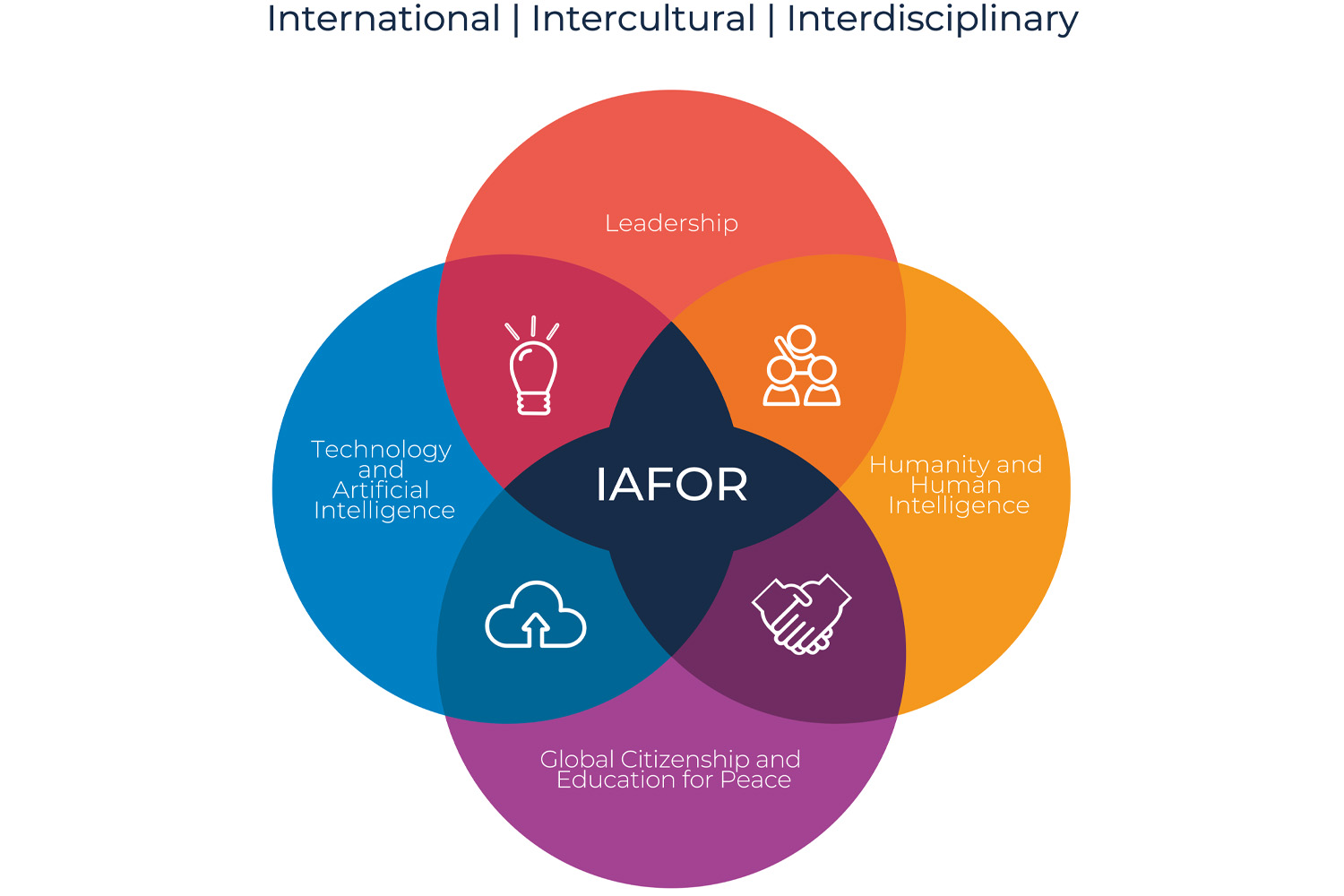
Our four themes can be seen as standalone themes, but they are also very much in conversation with each other. Themes may be seen as corollaries, complementary, or in opposition/juxtaposition with each other. The themes can be considered as widely as possible and are designed, in keeping with our mission, to encourage ideas across the disciplines.
IAFOR Research Centre (IRC) – “Innovation and Value Initiative”
The IAFOR Research Centre (IRC) is housed within Osaka University’s School of International Public Policy (OSIPP), and in June 2018 the IRC began an ambitious new “Innovation and Value Initiative”. Officially launched at the United Nations in a special UN-IAFOR Collaborative Session, the initiative seeks to bring together the best in interdisciplinary research around the concept of value, on how value can be recognised, and measured, and how this can help us address issues and solve problems, from the local to the global.
